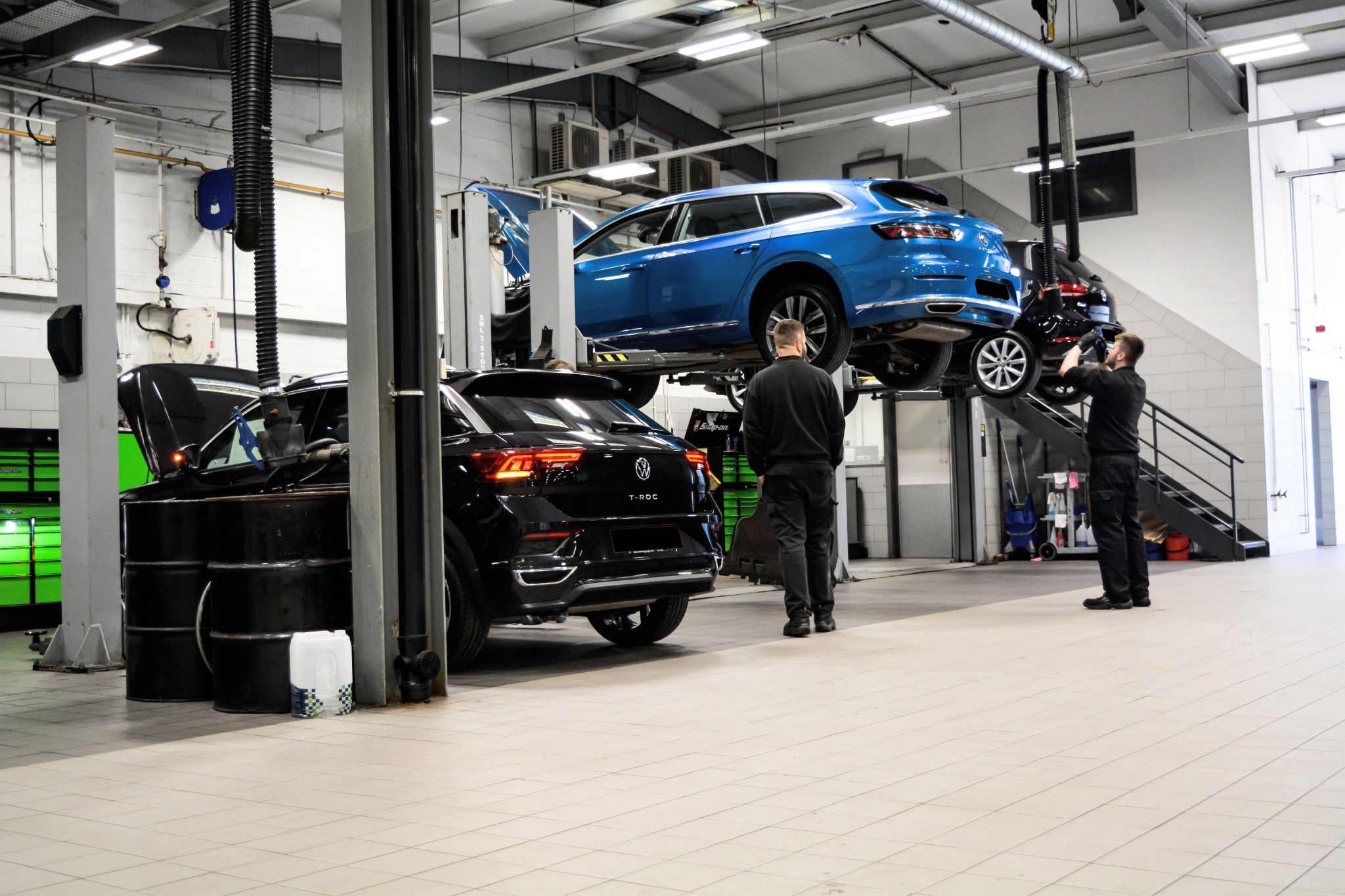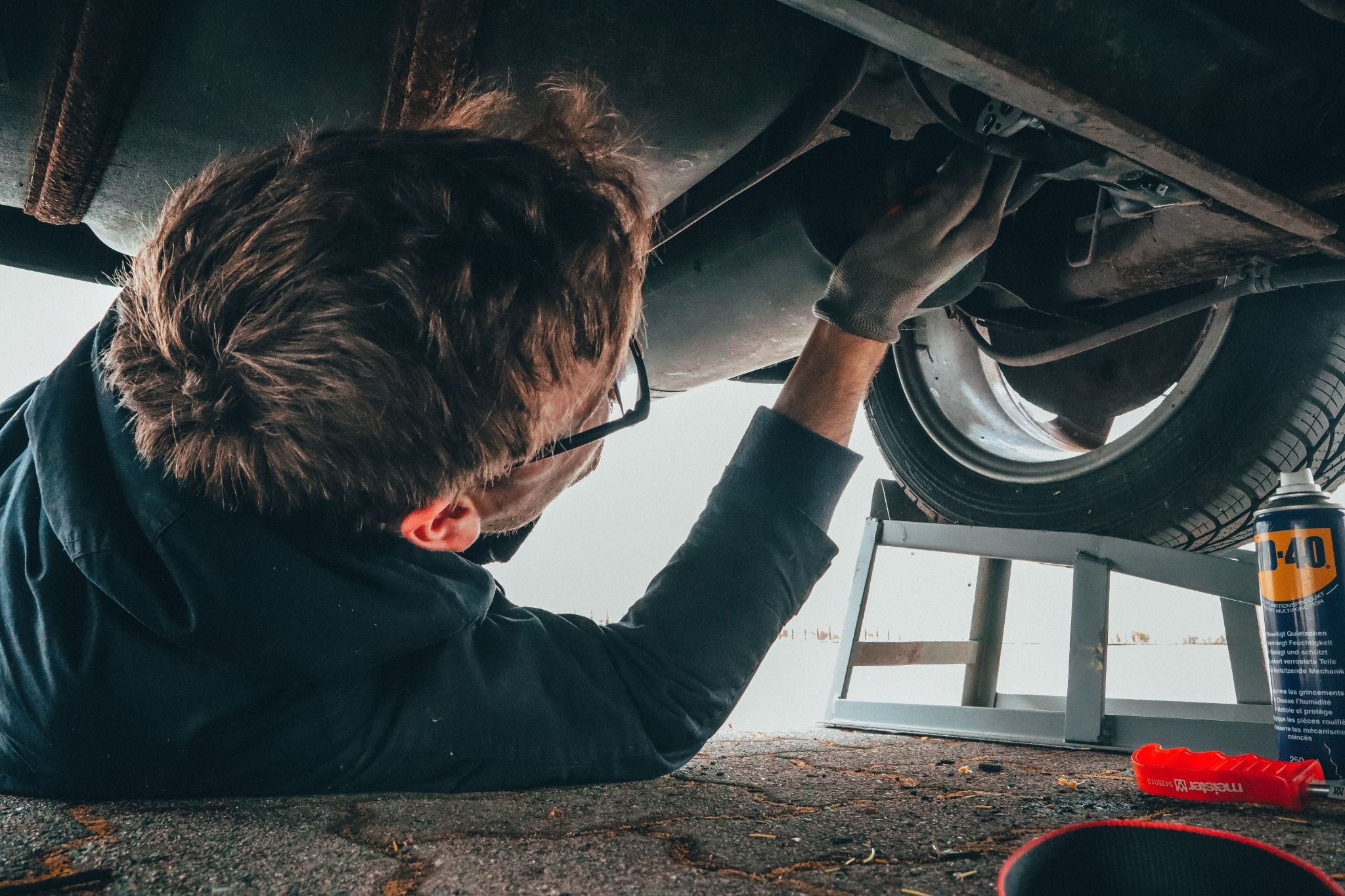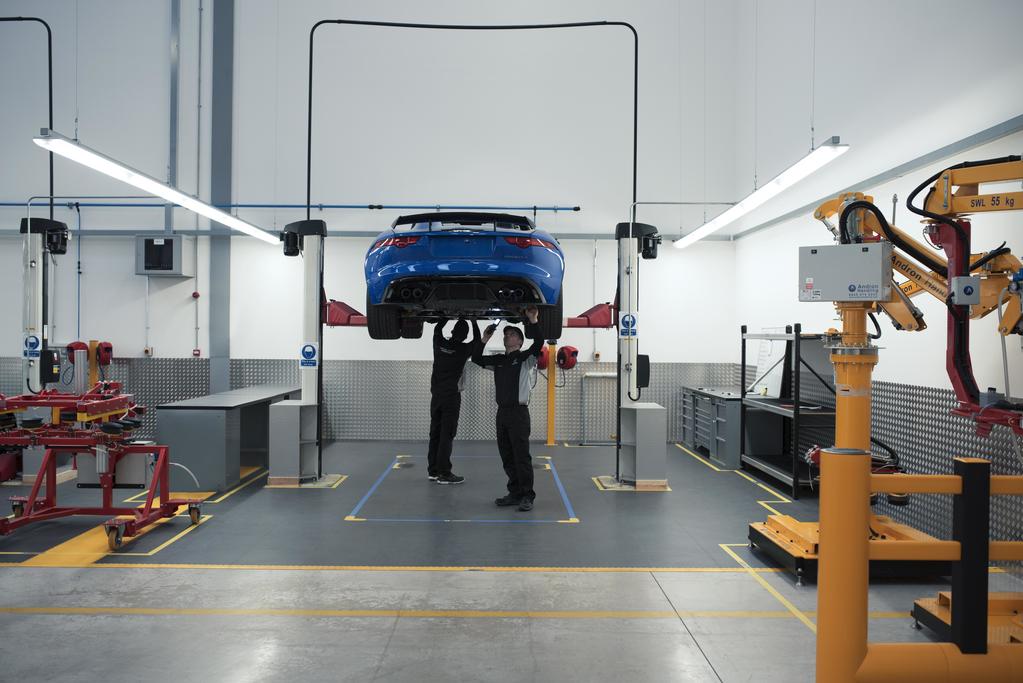If your vehicle has recently passed its MOT, you may have received a list of advisories from the garage. But what do they mean and what should you do next? It's important to stay on top of any potential hazards to ensure the safety of your vehicle.

What is an MOT?
When a car reaches three years old, it will need to take the annual Ministry of Transport (MOT) test to ensure your vehicle is road legal and safe.
During the test, a mechanic will thoroughly examine all the major components of your car. If everything is in working order, you'll receive a test certificate that allows you to legally drive for a year.
In case of failure, you'll need to pay for repairs or replacements before your car can be considered roadworthy.
Remember, you can't drive on UK roads without your car passing an MOT.
Advisories
Sometimes when you pass your MOT, you'll be given a list of small or potential problems that should be addressed as soon as possible. However, you can still legally drive without fixing them – these are called advisories.
Since 2018, any advisories are divided into three categories depending on how serious they are, these are:
- Dangerous
- Major
- Minor
If your car has any dangerous or major faults, it will fail the MOT, and you'll need to get these problems fixed before driving again.
On the other hand, minor defects are classified as such when they don't significantly impact the safety of the vehicle, but should still be addressed. They can potentially result in a fail if the mechanic believes they may develop into an issue in the near future.

MOT History Checker
Check the MOT status and history of any car in the UK using our free MOT Check
Your vehicle registration
What are the most common MOT advisories?
Even though there are lots of potential advisories, here are some on the most common:
Tyres Tread and Health
Tyre tread depth is very important as it provides grip and helps with breaking. When the tread is getting close to 1.6mm this will flag as an advisory.
Brake Pads
Over time, brake pads wear making them less effective. Mechanics will often estimate how many more miles the pads should last.
Lights
If certain lights have blown, start to dim or a part of an electric problem, your mechanic can advise that they need replacing.
Corrosion
Although rust and corrosion provide no immediate danger, it can eventually affect how the car performs if it reaches important parts of the vehicle.
General Wear and Tear
Bumps, dents or scratches might not be an instant cause for concern but they can lead to further bodywork damage, making the car unsafe.
What to do with an MOT advisory?
MOT advisories are like early warnings that something might fail in the next MOT. It's crucial to address them as soon as possible, even if they may not be affordable to fix right away. By addressing minor faults early on, you can save money in the long run and keep your vehicle in the best condition possible.
To avoid spending a lot on your annual MOT, it's important to stay on top of your vehicle's maintenance. Regular checks and maintenance will help you save money and stay safe on the road.
Some common MOT advisories can be easily dealt with. Tire health is often an issue, so replace damaged or worn-out tires promptly. For brake pads or any brake-related issues, consult a mechanic to determine their lifespan and replace them when necessary. Don't forget to replace broken or damaged parts and regularly check for rust.
